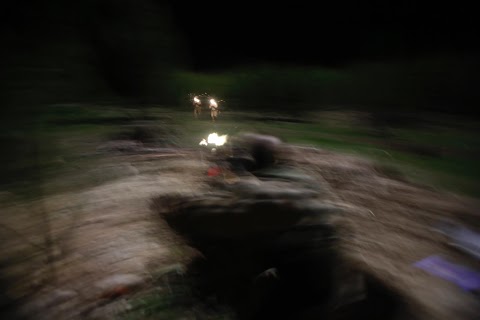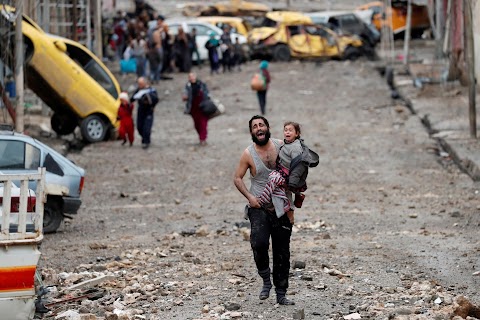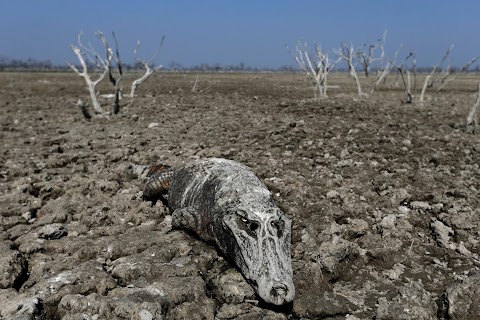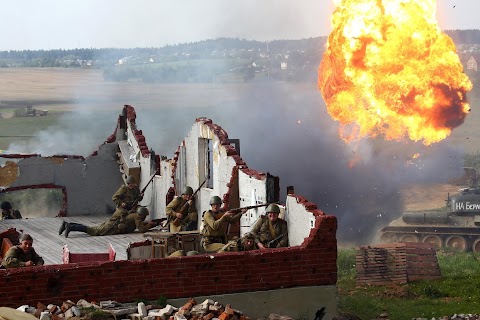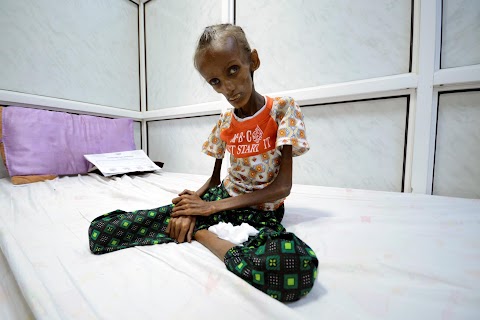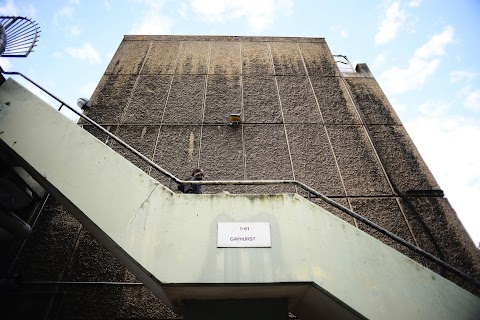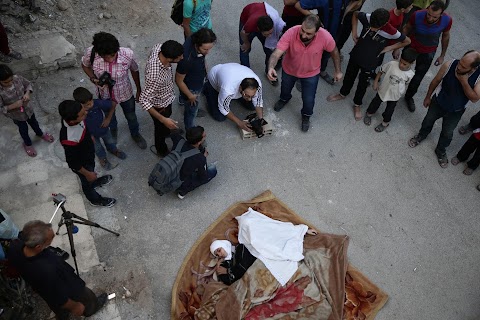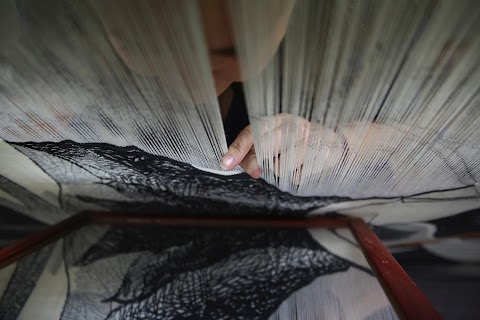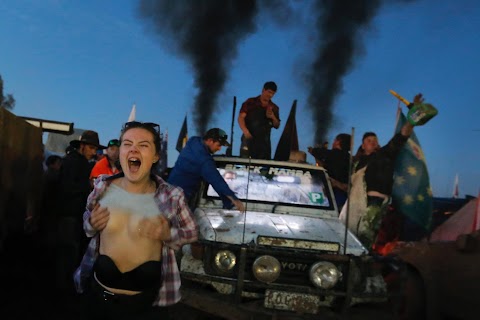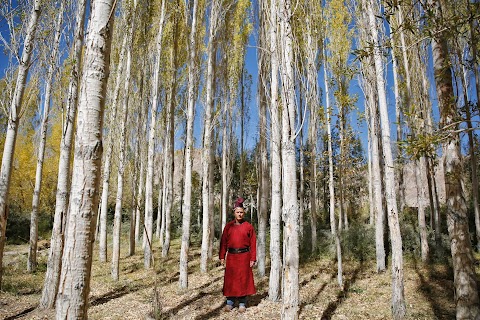
Desert standoff fuels tensions
Advertisement
At a rocky outpost in Western Sahara, a new generation of soldiers who have never known war are mobilising as tensions resurface in one of Africa's oldest disputes after a quarter century of uneasy peace.
Young Sahrawi troops man new desert posts for the Polisario Front, which for more than 40 years has sought independence for the vast desert region - first in a guerrilla war against Morocco and then politically since a ceasefire deal in 1991.



A Sahrawi Arab Democratic Republic flag flies at an indigenous Sahrawi refugee camp.




The Polisario Front soldiers drive a pick-up truck mounted with an anti-aircraft weapon.


The Polisario Front officer prays at the grave of the late Western Sahara's Polisario Front President Mohammed Abdelaziz.


An indigenous Sahrawi man walks at a refugee camp of Boudjdour.











